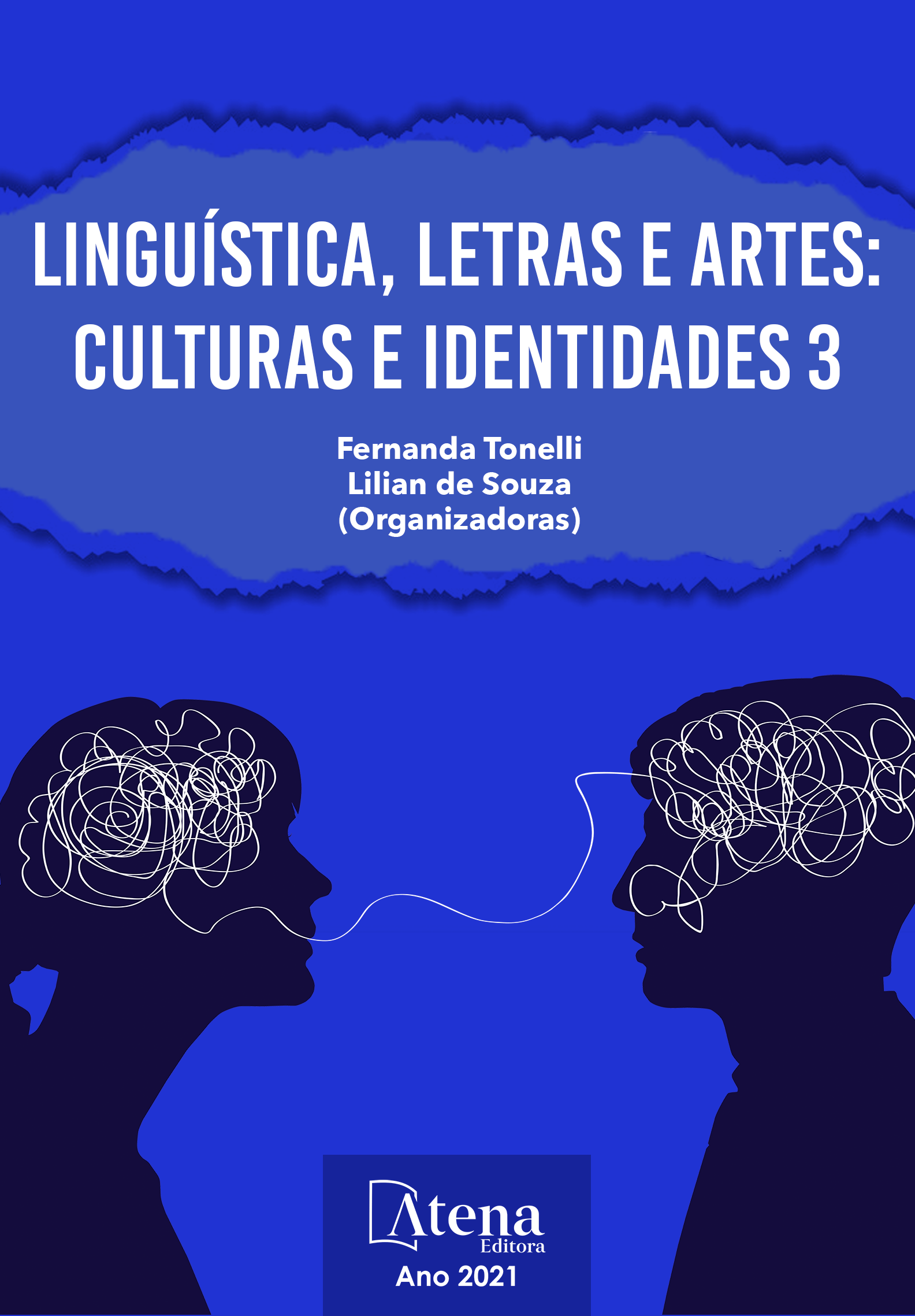
O JOGO FICCIONAL E A CONSTRUÇÃO DA CULPA EM O ALIENISTA E A HORA DA ESTRELA
Este artigo apresenta um exercício de leitura crítica e comparativa sobre O alienista de Machado de Assis e A hora da estrela de Clarice Lispector, a partir do jogo ficcional identificado narração de ambos os textos apontando tanto as peculiaridades de cada um, como as possibilidades de aproximação. Para tanto, identifica-se o tipo de narrador em cada texto, o tipo de interação com o leitor que é proposto; em seguida, delineia-se a noção de culpa como forma de fazer o leitor sentir-se comprometido com as ideias de cada um, conto e novela, respectivamente. Num movimento contrário, através da ironia introduz-se o esfacelamento dessa mesma noção de culpa, como modo de dar a ver as implicações sociais em cada contexto e época desse jogo ficcional. A chave de leitura tem no narrador do conto de Machado e no pseudo-autor –narrador da novela de Clarice a perspectiva de dar a ver o potencial de afetar o leitor implícito. Deste modo, estabelece-se um diálogo entre os textos literários em questão e alguns autores selecionados como Sigmund Freud; Ettiénne La Boétie; Walter Benjamin, entre outros de teoria literária que embasam o roteiro de análise.
O JOGO FICCIONAL E A CONSTRUÇÃO DA CULPA EM O ALIENISTA E A HORA DA ESTRELA
-
DOI: 10.22533/at.ed.46221300318
-
Palavras-chave: jogo ficcional; narrador; contação de histórias; culpa
-
Keywords: fictional game; storyteller; storytelling; fault
-
Abstract:
This article presents a critical and comparative reading exercise on Machado de Assis's alienist and Clarice Lispector's The Hour of the Star, based on the fictional game identified in the narration of both texts, pointing out both the peculiarities of each one and the possibilities of approach. Therefore, the type of narrator in each text is identified, the type of interaction with the reader that is proposed; then, the notion of guilt is outlined as a way to make the reader feel committed to each other's ideas, short story and novel, respectively. In an opposite movement, through irony, the shattering of this same notion of guilt is introduced, as a way of showing the social implications in each context and time of this fictional game. The key to reading has in the narrator of Machado's short story and in the pseudo-author - narrator of Clarice's novel the prospect of showing the potential to affect the implicit reader. In this way, a dialogue is established between the literary texts in question and some authors selected as Sigmund Freud; Ettiénne La Boétie; Walter Benjamin, among others of literary theory that support the analysis script.
-
Número de páginas: 17
- ANGELI ROSE DO NASCIMENTO


